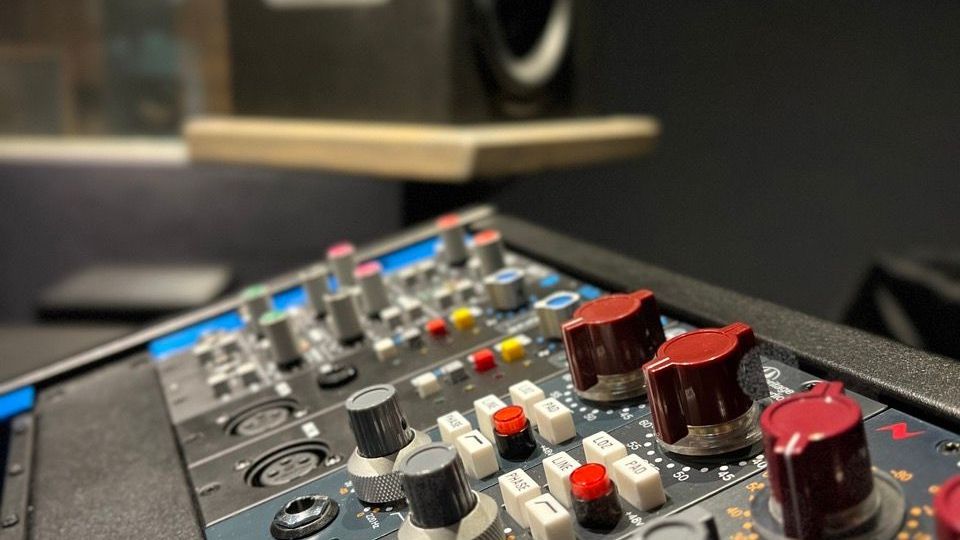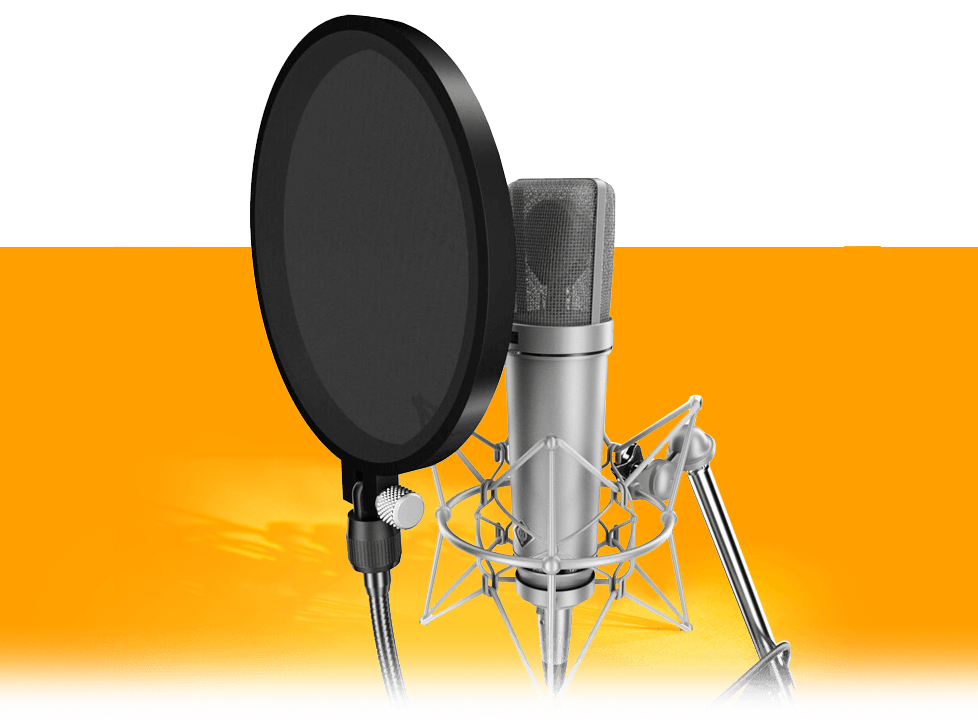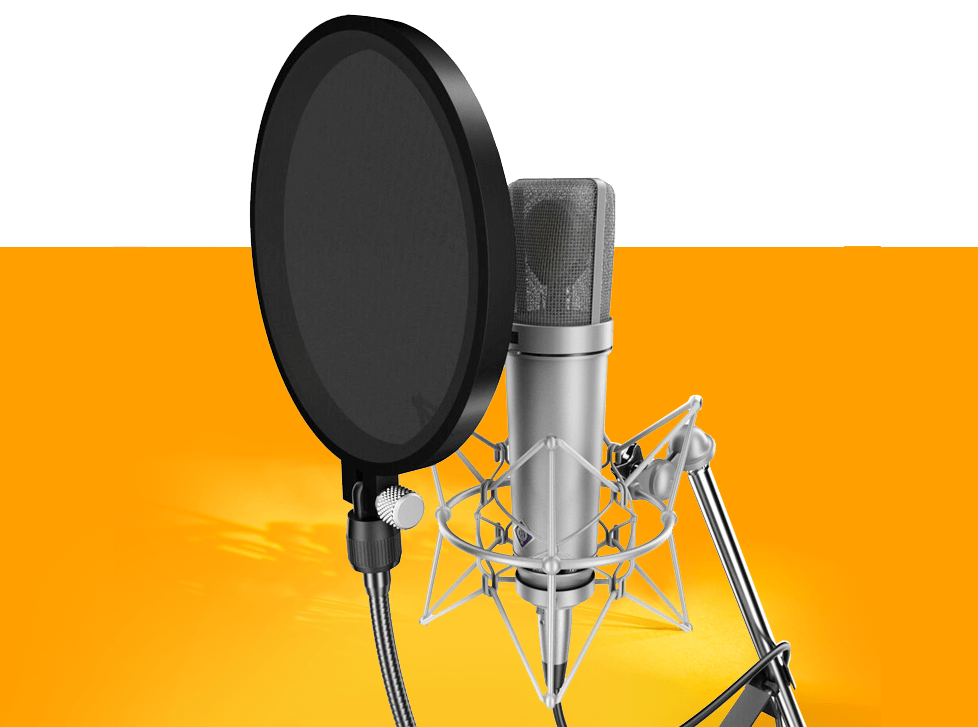Why Live Sound Engineering Is the Hottest Career in Audio Right Now
Jeremy Alves | June 26, 2025
Why Live Sound Engineering Is the Hottest Career in Audio Right Now

Live shows are back — louder, bigger, and more complex than ever. Whether at a packed stadium concert, a festival in the park, or a local music venue, one thing powers the experience: sound.
Behind every unforgettable show is a live sound engineer making sure every lyric, beat, and bass drop hits just right.
Since the return of in-person events, the demand for skilled audio professionals has skyrocketed. Tours need consistent crews, venues are hiring, and tech has advanced. While artists might get the spotlight, live sound engineers are at the heart of every performance.
If you’re passionate about music, love tech, or want to turn your interest in sound into a real job, this could be the path you’ve been looking for.
Keep reading to learn how the industry has changed, what live sound engineers do, and the skills you’ll need to succeed. Discover how live sound schools like OIART are empowering grads to turn this fast-paced world into a career they love.
Live Sound Is Back, And Bigger Than Before
The pandemic shut down concert halls, clubs, and theatres worldwide. Once restrictions were lifted, something unexpected happened: audiences came back fast, and they came back hungry.
By 2023, global touring had surpassed pre-pandemic levels. Festivals were selling out, and artists who delayed tours booked back-to-back dates. Even small venues found themselves busier than ever, hosting everything from band showcases to spoken word nights.
This rapid rebound exposed a major problem: there weren’t enough trained audio professionals to keep up. We’re seeing a golden era for
live sound engineers; every stage needs them.
Theatre, corporate events, churches, esports, conferences, and political rallies rely on skilled technicians who can manage microphones and mixers, and monitor systems under pressure.
New production technologies, from immersive audio rigs to wireless digital consoles, have also raised expectations, creating even more opportunity for those trained to handle modern setups.
If you’ve ever wondered who’s behind the clarity of a singer’s voice in an arena, or why the bass thumps just right at a festival, that’s the work of live sound engineers. And right now, they’re in high demand.
What Does a Live Sound Engineer Do?
Live sound is one of the audio world's most active, fast-thinking, and hands-on areas. At a basic level, engineers handle setup, mixing, and teardown of all audio gear.
That includes microphones, speakers, mixing consoles, monitors, wireless systems, and more. But the way they work in real time sets them apart. There are two main roles in most live setups are:
Front-of-House (FOH) engineers mix what the audience hears- Monitor engineers create mixes for the performers on stage
Both require precision, teamwork, and a good understanding of acoustics. You might be EQing a vocal mic for clarity one moment, then troubleshooting a crackling cable mid-show the next. There’s no pause button. Everything happens live.
Andrew Brown, an OIART grad, knows this firsthand. As a touring audio engineer, he’s mixed shows across Canada. His sound technician training in live sound prepared him to adapt quickly, stay calm, and deliver consistent results, even under pressure.
Devon Nutty, another OIART alum, is now a Live Sound Producer. He works closely with artists, venues, and stage crews to create memorable experiences from a technical and creative angle. His job demands technical precision and a strong passion for music.
Many live engineers also work across genres and formats. One week, they handle a rock band’s headline show, the next, they manage wireless mics and lecterns for a corporate event. The variety keeps things fresh and the learning constant.
Skills You’ll Need, and How OIART Teaches Them
Live sound engineers need to think fast, communicate clearly, and stay focused when things go sideways, because in live environments, they often do. Some essential technical skills include:
Understanding signal flow and gain staging- EQing for different room sizes and acoustics
- Mixing vocals and instruments live
- Managing feedback and wireless interference
- Setting up and breaking down gear efficiently
- Using digital and analog consoles
But equally important are the soft skills:
Staying calm under pressure- Solving problems on the fly
- Working closely with artists and stage crews
- Listening critically in loud environments
OIART students learn and apply these skills in real-world scenarios, embodying the excellence in sound engineering in Canada. The school features dedicated live sound labs that mirror actual venues. Students work with industry-standard gear, from digital consoles to PA systems, and practice in conditions that simulate live performances.
You won’t just run sound in a classroom. You’ll learn to troubleshoot gear during sound checks and deal with mic bleed and stage volume. You’ll also make decisions in seconds and see the immediate results of your mix, just like on tour.
Because OIART keeps class sizes small, instructors can give each student direct feedback and coaching. And since instructors are working professionals, you’ll learn what works and what’s expected in the field.
OIART's Audio Program Includes:
✓ Small Class Sizes
✓ On Site Facilities
✓ Industry Leading Instructors
✓ Post Grad Support & Guidance
✓ Exclusive 11 Month Program
Career Paths in Live Sound
People often picture studios and recording booths when they think of music production careers. However, music production and engineering schools provide the diverse skills needed to explore various paths, including live sound– an area that opens up a whole different lane, one with variety, travel, and endless growth potential. Some career options include:
- Touring FOH or Monitor Engineer: Mixes audio during live shows, either for the audience (front-of-house) or for the performers on stage (monitor), often while travelling with artists across multiple venues.
- Venue Audio Tech: Sets up, maintains, and operates audio equipment in a specific venue, ensuring consistent sound quality for every performance or event.
- Festival Stage Crew: Handles audio setup and changeovers between acts at multi-stage outdoor events, typically working in fast-paced, high-pressure environments with tight timelines.
- Corporate AV Technician: Runs sound, and often visuals, for events like conferences, product launches, and meetings, where speech clarity and reliability are top priorities.
- House of Worship Sound Operator: Manages sound reinforcement for live music, sermons, and multimedia presentations during religious services, balancing clarity and atmosphere.
- Audio Lead for Performing Arts Centres: Oversees all technical audio needs for theatre productions, dance shows, and other performances, working closely with directors and stage managers.
- Live Broadcast Audio Mixer: Balances and mixes real-time audio for television, radio, or livestreams, ensuring clear, clean sound for remote audiences.
- Stage Patch Technician: Connects and routes all microphones, instruments, and monitors on stage, ensuring everything is correctly wired and labelled before and during the show.
OIART grads like Devon Nutty mix
sound at festivals, venues, and political rallies. Others tour with bands across North America and beyond, or land steady work in theatres and churches. The skills are transferable across formats, which gives live engineers more flexibility and stability.
And for freelancers, there’s the freedom to choose gigs, build a personal brand, and grow a network in the touring world.
Why Live Sound Appeals to Music Lovers
For those who love music, working in live sound is like being part of the band, without picking up an instrument. You’re there during rehearsals, shaping how everything sounds, and you’re side stage during performances, riding every cue and transition.
When the audience roars after a flawless drop, you’re the one who helped create that memorable moment. The thrill of live audio offers something that studio work simply can’t. It’s high-stakes and high-reward. Quick thinking, flexibility, and trusting your ears are essential.
It’s also a place where musicians thrive. Many live sound engineers started in bands or behind drum kits. They inherently understand what performers require in their monitors, and engage seamlessly with performers through shared language on stage.
If you’re passionate about gear, tone, or making music sound better, live sound gives you a front-row seat and a way to make a living from what you love.
Career Security and Industry Demand
There’s a growing gap between the number of live shows and the number of trained engineers available to run them.
Tour managers are booking experienced FOH and monitor engineers months in advance. Venues are hiring full-time audio staff again. Crews require dependable techs who know how to hit the ground running.
Because OIART grads train in real-time scenarios and understand the pressures of live events, they’re often hired quickly and called back for future gigs. In this industry, reputation matters, and great sound engineers get noticed.
There’s also growing demand in areas beyond music: conferences, esports events, theatre, corporate launches, even livestreamed panels and webinars. Live audio professionals are essential wherever sound needs to be captured and amplified in real time.
Make Noise, Make a Living
Live sound is one of the most exciting, rewarding, and rapidly growing career paths in the audio world. It’s a profession built on precision, passion, and performance.
At OIART, students live and breathe audio. They train with real gear, work in real conditions, and graduate ready to confidently jump into live events.
If you’re a music lover looking for a hands-on career — or a parent wondering if this path has staying power — the answer is yes. Live sound engineering courses offer a front-row seat to the moments people remember for the rest of their lives.
OIART is where the love of music becomes lifelong work.
Ready to Start?
OIART's Audio Program Includes:
✓ Small Class Sizes
✓ On Site Facilities
✓ Industry Leading Instructors
✓ Post Grad Support & Guidance
✓ Exclusive 11 Month Program
Top Reasons Why You Should Choose OIART.
Have Questions?
If you have questions about our audio engineering and music production program or would like to book a tour, we would be pleased to speak with you.
Text Us: 519.200.4151
Share This With a Fellow Music Lover
Apply in 3 Steps!
Step 1: Click Apply Now to start.
Step 2: Answer questions about yourself.
Step 3: Submit and check your email.
Share this with fellow music lovers


